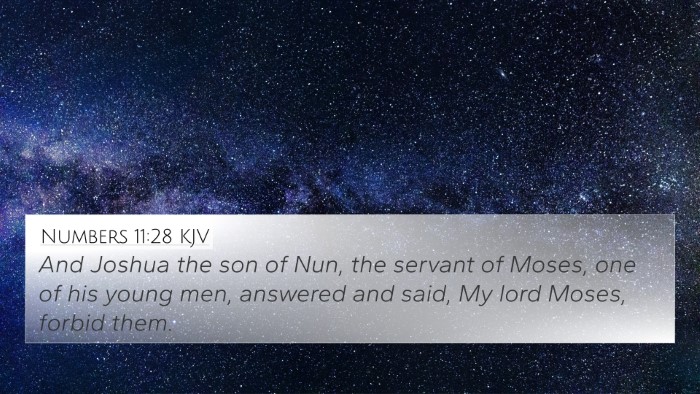Understanding 1 Corinthians 14:5
In this passage, the Apostle Paul expresses a profound principle regarding the gifts of the Spirit, particularly the gift of prophecy and speaking in tongues. Let's break down the meaning of 1 Corinthians 14:5 using insights from various public domain commentaries.
Verse Text
"I would that ye all spake with tongues, but rather that ye prophesied: for greater is he that prophesieth than he that speaketh with tongues, except he interpret, that the church may receive edifying."
Summary of Insights
1. Desire for Spiritual Gifts:
Paul begins by expressing his wish that all believers spoke in tongues. This indicates that speaking in tongues is a valid and desired gift within the body of Christ, fostering a connection with the divine. However, the emphasis is on the utility of these gifts for the edification of the church community.
2. The Superiority of Prophecy:
Paul contrasts speaking in tongues with the act of prophecy, stating that prophesying is greater. This is because prophecy contributes directly to the understanding and growth of the church body, providing insights that can lead to spiritual maturity and direction.
3. Importance of Interpretation:
Paul points out that if someone speaks in tongues, it must come with interpretation. This necessity for understanding ensures that the gift serves to edify the congregation, rather than merely being a personal spiritual experience.
Bible Cross-References
- Acts 2:4: Describes the initial outpouring of the Holy Spirit where believers spoke in tongues.
- 1 Corinthians 12:30: Questions whether all speak in tongues, implying a diversity of gifts in the body of Christ.
- 1 Corinthians 14:1: Encourages the pursuit of love and desire for spiritual gifts, especially prophecy.
- Romans 12:6: Highlights the use of differing gifts according to the grace given to each believer.
- 1 Thessalonians 5:20: Advises not to despise prophecies, reiterating their significance in the Christian community.
- Ephesians 4:12: States that spiritual gifts are given for the equipping of the saints and the building up of the body of Christ.
- Acts 19:6: Shows a case of believers speaking in tongues following prayer and laying on of hands, further emphasizing the transformative power of the Holy Spirit.
- 1 Corinthians 14:39: Encourages the desire to prophesy and not forbidding to speak with tongues.
- James 1:5: Encourages believers to seek wisdom from God, which underpins the understanding needed for prophetic revelation.
- Colossians 3:16: Encourages believers to teach and admonish one another through psalms, hymns, and spiritual songs, connected to the themes of edification found in prophecy.
Thematic Connections
This verse connects with several major themes throughout the New Testament:
- Spiritual Gifts: The various manifestations of the Holy Spirit are emphasized across the epistles, showing their purpose in building up the church.
- Edification of the Church: Paul constantly advocates for gifts that contribute to the understanding and growth of the church body.
- Communication with God: Both speaking in tongues and prophecy serve as means of divine communication, emphasizing the importance of hearing God and sharing His messages.
- Unity in Diversity: The diversity of gifts reflects the unity and interplay of the body of Christ, working together for a common purpose.
Tools and Methods for Bible Cross-Referencing
To understand the connections between biblical texts, one can use:
- Bible Concordance: A comprehensive tool to find words and their occurrences throughout the Scripture.
- Bible Cross-Reference Guide: Provides systematic listings of verses that relate to one another.
- Cross-Reference Bible Study: Methods that enable the exploration of differing scriptures as a part of study.
- Bible Reference Resources: Material that reveals the deeper meanings and relationships of biblical texts.
- Comparative Bible Verse Analysis: Encouraging the examination of similar verses to draw meaningful conclusions.
Conclusion
In summary, 1 Corinthians 14:5 articulates the significance of prophecy over tongues within the context of church edification. The insights from public domain commentaries reveal a multifaceted understanding that highlights the importance of communication in the faith community, the diversity of gifts, and the need for interpretation to foster growth and unity. This verse serves as an essential part of the broader dialogue in the New Testament regarding spiritual gifts while inviting believers to connect through scriptural references for deeper understanding.












